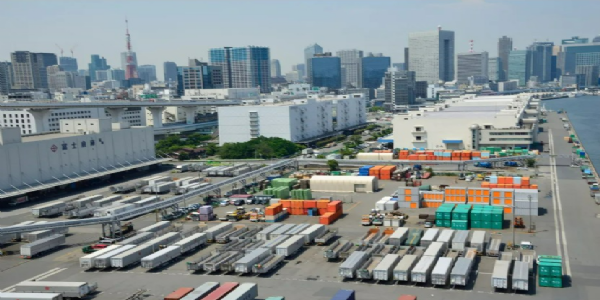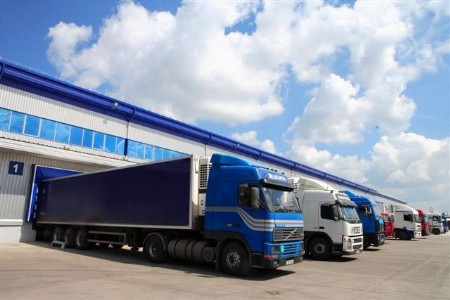NB Explains | Why Turkey President Erdogan is opposing India-Middle East-Europe project?
Total Views | 138
One of the biggest successes of the G20 Summit 2023 under India’s presidency was the announcement of the India-Middle East-Europe economic corridor, but one of the leaders of the group member countries, Turkey’s President Recep Tayyip Erdogan, has been opposing it. He has said there can be no trade corridor between the East and Middle East or Europe “without Turkey”.

Erdoğan had attended the G20 summit, which was held from 8-10 September in New Delhi.
Why is Erdogan opposing the India-Middle East-Europe corridor?
“There cannot be a corridor without Turkey. Turkey is an important production and trade base. The most convenient line for east-to-west traffic has to pass through Turkey,” Erdoğan reportedly told journalists on his return flight from India, according to Hürriyet Daily News, an English-language newspaper in Turkey.
Turkey is part of the China-backed global infrastructure project — One Belt One Road Initiative (BRI) — which the India-Middle East-Europe Economic Corridor backed by the US is seemingly countering.
What is the India-Middle East-Europe corridor?
The negotiations of corridor, which involves India, UAE, Saudi Arabia, EU, France, Italy, Germany and the US, will be be completed within 60 days, and the foundations for the project be laid immediately. The economic corridor including shipping and railway links, will be a historic initiative on cooperation on connectivity and infrastructure.
The shipping and railway lines will pass through the UAE, Saudi Arabia, Jordan and Israel, then reach to Greece and Europe. The project, in its current form, however, bypasses Turkey.
During the G20 Summit in New Delhi, a Memorandum of Understanding (MoU) on the corridor was signed by the European Union, India, Saudi Arabia, the UAE, the US and other G20 partners.
One of the main objectives of the project is to cut shipping times by 40 percent and save money on other costs, and fuel use. The ambitious scheme is estimated to require an investment of around $17bn, with projected annual returns of $4bn and the creation of a minimum of 100,000 jobs.
Bharati Web






